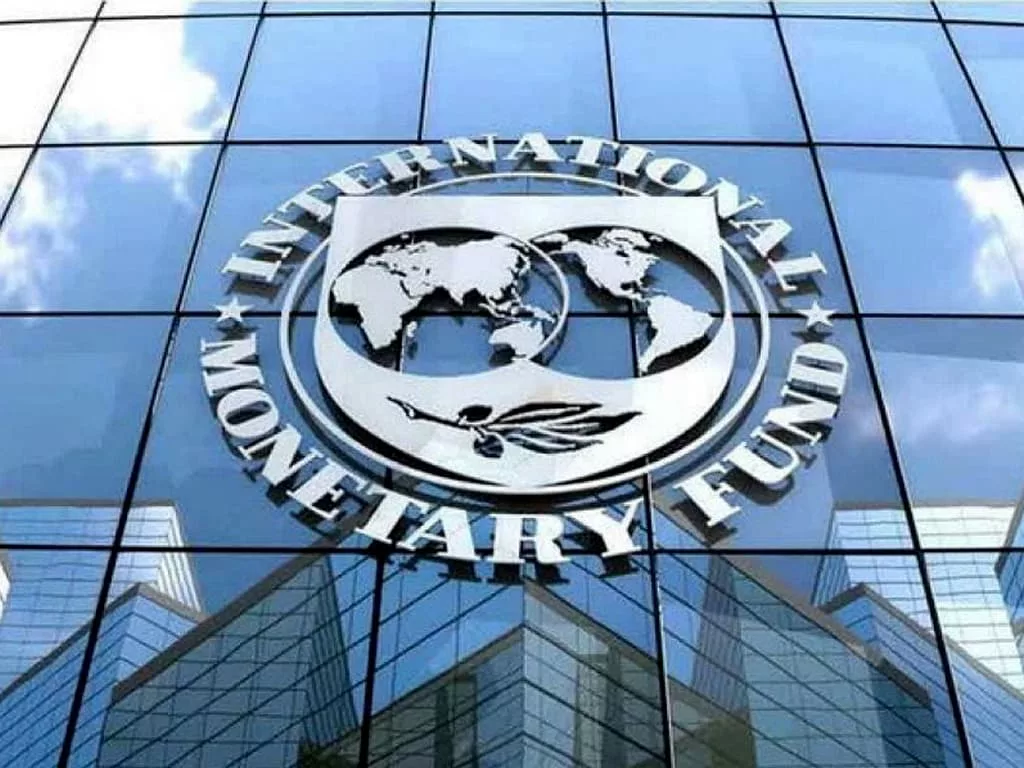Financial experts have voiced their opposition to the International Monetary Fund (IMF)’s recommendation for the Federal Government to eliminate electricity subsidies, stating their concerns in separate interviews conducted in Lagos.
Dr. McAntony Dike, former President of the Chartered Institute of Taxation of Nigeria, cautioned against heeding the IMF’s advice, citing potential adverse effects on the average Nigerian’s disposable income.
“Although the Bretton Woods institution might have adequate data to support their argument, it should not be implemented. This is due to the adverse impact it will have on the average Nigerian whose disposable income has been eroded,” Dike said.
He urged the IMF to collaborate more with the government to provide loans for revamping the electricity sector, rather than advocating for subsidy removal without tangible utility improvements.
Similarly, Mr. Okechukwu Unegbu, former President of the Chartered Institute of Bankers Association of Nigeria, labeled the IMF’s suggestion as unnecessary, highlighting the organization’s historical disconnect with the country’s developmental challenges.
“The IMF proposal to the government to stop electricity subsidy is not the solution to our developmental challenges, especially now that the people are contending with a serious economic downturn,” Unegbu said.
He criticized the IMF’s policies as often detrimental to emerging economies like Nigeria’s.
Mr. Godwin Anono, President of the Standard Shareholders Association of Nigeria, echoed these sentiments, emphasizing that the implementation of IMF’s proposal could exacerbate the country’s economic woes.
“The people have been grappling with too many headwinds in the economy which have led to an increase in the cost of living crisis in the country. Implementing this proposed policy will worsen our economic woes,” Anono said.
He called for international lenders to respect Nigeria’s developmental pace and structural challenges as an emerging economy.
The IMF’s recommendation to phase out electricity subsidies comes amid economic hardship faced by Nigerians following the removal of fuel subsidies in May 2023. The organization emphasized the need for Nigeria to restore macroeconomic stability, citing substantial expenditures on subsidies during the same period.
While acknowledging Nigeria’s reform efforts, the IMF reiterated its stance on the removal of both fuel and electricity subsidies as a necessary step forward.





